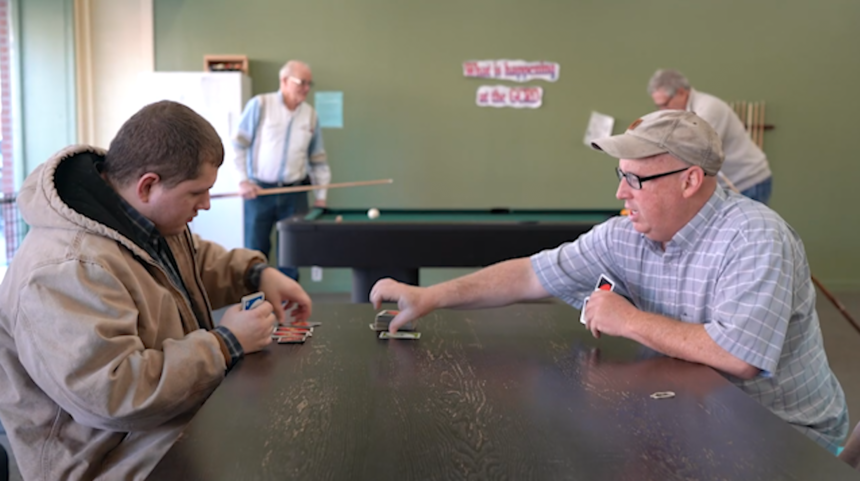IACP asking for state’s help to serve those with disabilities

POCATELLO, Idaho (KIFI/KIDK) - The Idaho Association of Community Providers, a group serving those in Idaho with disabilities, is asking for assistance from the state government.
Lydia Dawson, executive director for the IACP, said they aren’t getting the assistance they need.
"We’re concerned that we’re not prioritized for funding, we’re not prioritized for PPEs. And, because of that, what we’re seeing across the nation - and what we’re concerned may happen here in Idaho - is individuals with behavioral health and developmental disabilities contracting COVID-19 at a rate far higher than the general public."
Dawson said the coronavirus pandemic has thrown the group into a situation that goes against their main priority: getting involved with the community.
"All of our priorities to this point have been how do we integrate, how do we spend as much time in the community, how do we make sure that people have access to each other," she said. "Now we’re thrust into a situation where those very things that we’ve prioritized are the things that could potentially kill the people we’re supporting."
Shawn Johansson, immediate past president of the IACP, said staffing is the major concern at the moment.
"We’re having differences in ability to access appropriate staffing and to meet the needs of at-risk adults as well as vulnerable children, both in a facility-based, or a community-based setting or as a residential based setting," he explained.
Additional funding and hazard pay for their workforce force will be the key to making sure they have the staffing they need, according to Dawson.
“If we lose our workforce, we lose our services. That’s as clean and blunt as we can be about it,” she said.
"Since these are services that are largely reimbursed at minimum wage and we’re not providing them with any kind of protections from the hazards of the job and we’re expecting more out of them than we ever have before, there’s not much incentive for people to remain in these positions."
Working in compliance with the state’s stay home-order, Dawson said many of the group’s services, such as those that are school and center-based, are currently non-functional.
She fears that recognition of their needs may come too late.
Her main concern now is that the failure of their services would result in the hospitalization of countless disabled Idahoans.
"Our hospital resources are already stretched, our emergency responses are already stretched, so if our services are unable to continue functioning, we’ve just put a giant burden on our emergency response system that doesn’t need to be there."
